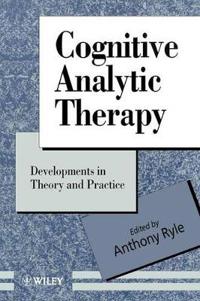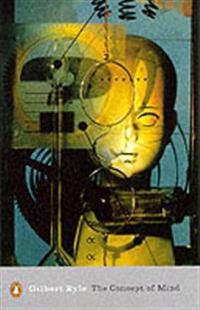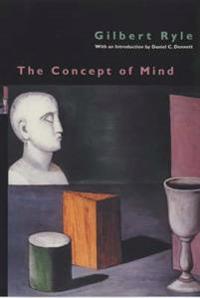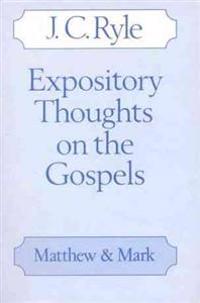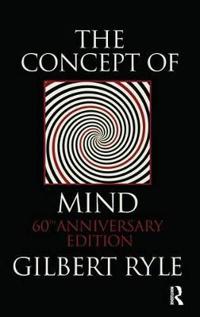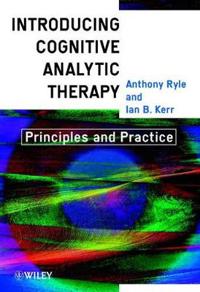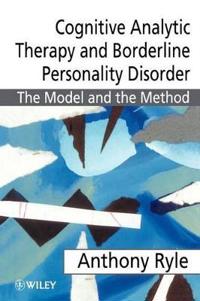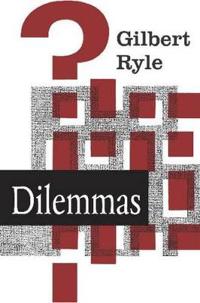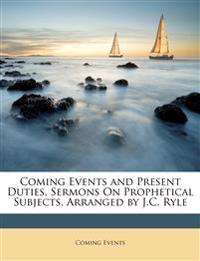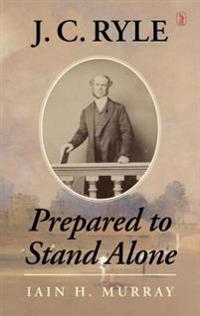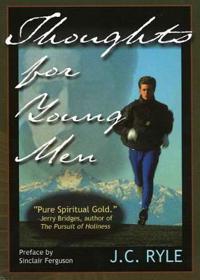Cognitive Analytic Therapy: Developments in Theory and Practice (Häftad)
avRyle, Anthony Ryle
ISBN: 9780471943556 - UTGIVEN: 1995-08Cognitive Analytic Therapy (CAT) is a fast-growing therapy remarkable not only for its integrative approach and power but also for its applicability in the context of brief therapy. Since Anthony Ryle developed the concepts of CAT in the early 1980s there has been an enormous demand for training in [...]
The Concept of Mind (Storpocket)
avGilbert Ryle
ISBN: 9780141182179 - UTGIVEN: 200008This epoch-making book cuts through confused thinking and forces us to re-examine many cherished ideas about knowledge, imagination, consciousness and the intellect. The result is a classic example of philosophy.[...]
The Concept of Mind (Häftad)
avGilbert Ryle, Daniel C. Dennett
ISBN: 9780226732961 - UTGIVEN: 200012This now-classic work challenges what Ryle calls philosophy's "official theory," the Cartesians "myth" of the separation of mind and matter. Ryle's linguistic analysis remaps the conceptual geography of mind, not so much solving traditional philosophical problems as dissolving them into the mere con[...]
Expository Thoughts on the Gospels (Inbunden)
avJ. C. Ryle
ISBN: 9780227678749 - UTGIVEN: 198403Bishop Ryle's Expository Thoughts on the Gospels were first issued in 1856 and immediately met with a warm welcome from evangelical Christians of all denominations. In the 20th century the growing popularity of Ryle's spiritual approach has led to three reprints of the series in ten years. The autho[...]
Ryle on Mind and Language
ISBN: 9780230360938 - UTGIVEN: 2015-03This collection is devoted to Gilbert Ryle's philosophy of mind and language. It features essays from prominent scholars on the topics of category mistakes, hypotheticals, dispositions, emotion, thinking, perception, and the task-achievement distinction.[...]
The Concept of Mind (Inbunden)
avGilbert Ryle
ISBN: 9780415485470 - UTGIVEN: 200905First published in 1949 Gilbert Ryle's "The Concept of Mind" is one of the classics of Twentieth-Century philosophy, influential and controversial in equal measure. Described by Ryle himself as a 'sustained piece of analytical hatchet-work' on Cartesian dualism, "The Concept of Mind" is a radical at[...]
Collected Essays 1929 - 1968 (Pocket)
avGilbert Ryle
ISBN: 9780415485494 - UTGIVEN: 2009-06-15Gilbert Ryle was one of the most important and yet misunderstood philosophers of the Twentieth Century. This book showcases Ryle's deep interest in the notion of thinking and contains many of his major pieces, including his classic essays "Knowing How and Knowing That", "Philosophical Arguments", an[...]
Introducing Cognitive Analytic Therapy: Principles and Practice (Övrig)
avAnthony Ryle Medical School, Munro Clinic, Guy Hospital
ISBN: 9780470713587 - UTGIVEN: 2004-06-30Introducing Cognitive Analytic Therapy: Principles and Practice (Häftad)
avAnthony Ryle
ISBN: 9780471892731 - UTGIVEN: 200201This work introduces the origins, development, and practice of cognitive-analytic therapy (CAT). It offers a guide to the potential application and experience of CAT with a wide range of difficult clients and disorders and in a variety of hospital, community care, and private practice settings.[...]
Cognitive Analytic Therapy of Borderline Personality Disorder (Pocket)
avAnthony Ryle, Tim Leighton, Philip Pollock
ISBN: 9780471976189 - UTGIVEN: 1997-10Borderline Personality Disorder patients are impulsive, unstable and destructive, hurting themselves and those around them, including those who seek to help them. This has resulted in a widespread reluctance to treat them and a pessimism about treatment. In the experience of the authors this pessimi[...]
Dilemmas (Häftad)
avGilbert Ryle
ISBN: 9780521091152 - UTGIVEN: 1954-01I did something yesterday, so it was true a thousand years ago that I was going to do it. Could I help it, then? Professor Ryle shows that I could; he also shows that a dilemma like this starts with a slender base - the question whether statements in the future can be true - and opens out before one[...]
Making of Tesco: A Story of British Shopping (Inbunden)
avSarah Ryle
ISBN: 9780593070444 - UTGIVEN: 2013-03From one man's Hackney market stall to a company serving fifty million customers in thirteen countries every week, this title tells the story of one of Britain's most remarkable companies. Related by those who themselves featured in it - Tesco's own employees, it presents a social history as well as[...]
Coming Events and Present Duties, Sermons On Prophetical Subjects, Arranged by J.C. Ryle (häftad)
ISBN: 9781145618008 - UTGIVEN: 2010-02J.C. Ryle: Prepared to Stand Alone
ISBN: 9781848716780 - UTGIVEN: 2016-05Although one of the most widely read evangelical authors of the nineteenth century, Ryle's writings lost influence after his death. The world had moved on, as was supposed. Then, fifty years later a 'rediscovery' began. Research on his life was accomplished by able authors, and from a new wealth of [...]
The Squad (Häftad)
avT. Ryle Dwyer
ISBN: 9781856354691 - UTGIVEN: 200507In 1919, Michael Collins conceived of a scheme to knock out the eyes and ears of the British Administration at Dublin Castle by undermining and terrorising the police so that the British would react blindly and drive the Irish people into the arms of the Irish Republican Army. The Bureau of Military[...]
Thoughts for Young Men (Häftad)
avJ. C. Ryle
ISBN: 9781879737181 - UTGIVEN: 200708There are four great temptations that plague most young men: sloth, lust, love of pleasure, and peer pressure. J C Ryle - the last of the great Puritans - tackles each of these subjects with a tenderness and tact which is unsurpassed. First written toward the end of the nineteenth century, it remain[...]
Gilbert Ryle: Der Begriff des Geistes - "knowing how" und "knowing that" (häftad)
ISBN: 9783638758475 - UTGIVEN: 2007-09

